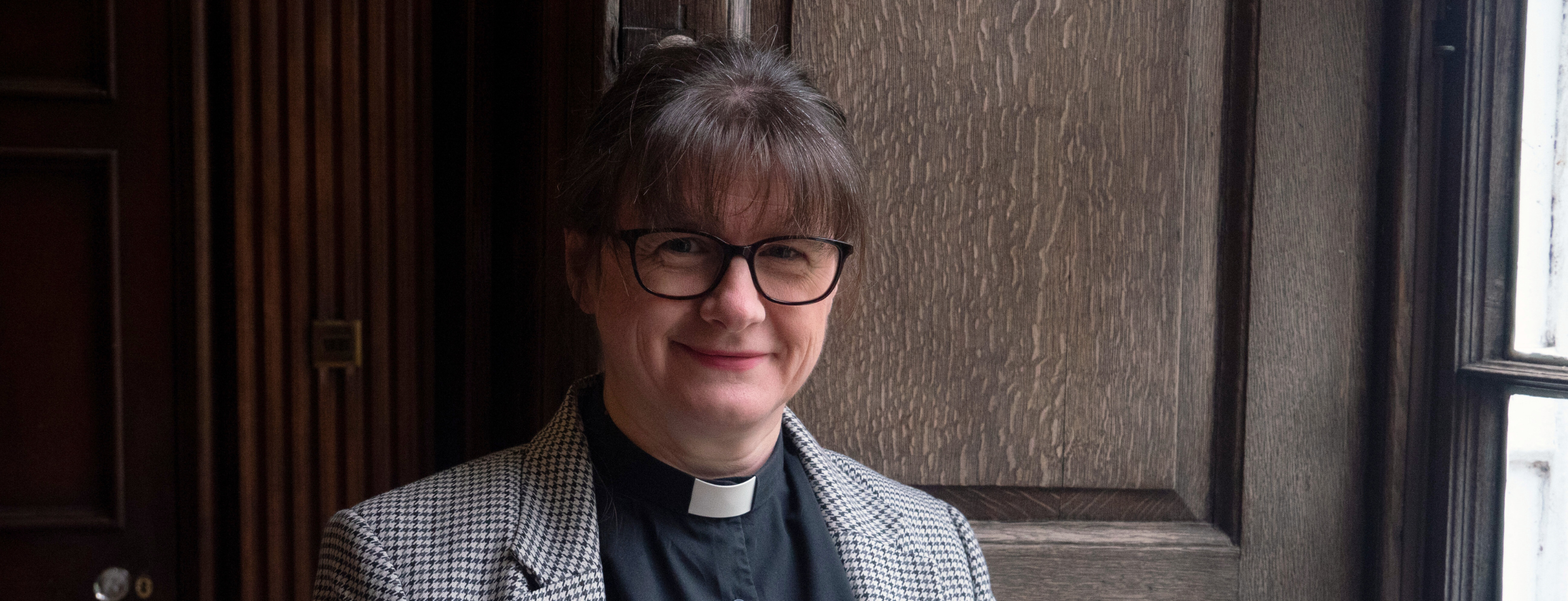
Dear friends
As I write this I’m about to embark on a four-week period of interim study leave to complete (God willing) my PhD thesis. By the time you read this, we’ll know whether or not I have succeeded!
The work focuses on one of the seven deadly sins, not necessarily the most popular of topics when the idea that human beings might be sinful creatures in need of a Saviour has rather fallen out of favour in our society. Even more obscurely, the sin I’m writing about is the one most people have never heard of: acedia. It’s most often translated ‘sloth’ which is usually associated with laziness, and laziness isn’t normally seen as much of a sin. An annoying characteristic, maybe, but not a sin.
But as I’ve studied this topic over many years (too many years; I’ve often felt like my own case study in acedia) I’ve come to realise it’s far more complex than that, and may even be the prevailing sin of our time, all the more insidious because we’ve largely forgotten it even exists.
Acedia, according to the early theologians I’ve been reading and engaging with, is a toxic combination that occurs when desire and anger become disordered. It makes us either withdraw into inactivity or hide in restless over-activity, in an effort to avoid engaging with God, or with fellow human beings, or with the tasks God has given us to do. That’s why I’m suggesting this is the hidden but very real sin of our time.
One theologian calls it the container of all other vices because it triggers other the other deadly sins. So far from sloth being almost trivial it appears it’s potentially lethal for our spiritual lives, if left unchallenged.
But, thanks be to God, it needn’t be. Like any other sin with which we battle acedia has been overcome by Christ on the cross. In our individual lives and struggles against sin we can know God’s grace, forgiveness, and strengthening in the daily battle against the sins we know all too well and this sin of acedia, whose name we may never have heard of but now may recognise.
Recognising it is the first step in overcoming it. I love the deeply realistic means of grace which our ancient predecessors in faith suggested as prescriptions for those suffering from acedia. They were written more than 1500 years ago, but could have been written yesterday:
First, pray short prayers, not long ones. The mind can wander and fall prey to acedia when praying long prayers.
Second, set yourself a short task, and don’t get up or do anything else until you’ve completed it.
Third, physical work. That can snap us out of an acedia attack in the mind.
Fourth, try a warm bath (yes, really!). That one’s a bit less practical if acedia strikes while you’re at work.
Fifth, the one that usually makes people sigh in startled relief: tears. Because tears break down the shell that acedia has built around the soul, and bring healing.
I could write a lot more on the subject, which is just as well as I have 80,000 words plus footnotes to hand in, so for now I must bid you farewell for a few weeks as I stop procrastinating and get on with the work of writing about acedia and how, by the grace of God, we may overcome it.
AD Fiona
